Controversy Over Right to Know ALJ Identity Before Social Security Hearing
The Disability Insurance Benefits program provides disability benefits for regular workers who become disabled from working. Along with additional eligibility requirements, disability benefits are based on a person’s work history.
Many DIB applicants are initially denied benefits, but the law provides for a multilevel Social Security appeals process up through the agency, culminating in potentially three levels of federal court review.
Arguably the most important part of the agency review process is the step after the initial application that was denied, when a claimant is entitled to a hearing before an administrative law judge (ALJ). An ALJ is a Social Security Administration employee who takes a fresh look at the application after considering live testimony and any newly submitted evidence.
Hearing notices have historically included the names of the ALJs who will be presiding over the proceedings.
Knowing Your ALJ Prior to a Disability Hearing No Longer Allowed
Recently the SSA announced it would stop telling claimants and their attorneys ahead of time who the ALJ assigned to their hearing will be. Reportedly, the SSA is attempting to stop what it considers to be “judge shopping” where claimants and their attorneys are looking for a judge who may be more sympathetic to the DIB application and award benefits.
According the Wall Street Journal, data shows a large variation among the claim approval rates of ALJs. For example, the Journal cites one judge that grants 99 percent of claims and another that grants 13 percent, with the average being around 60 percent. The SSA has requested an independent review of the ALJ system, with a draft report due in August 2012.
Non-Disclosed ALJs Not In The Best Interest of DIB Applicants
In response to the news that ALJ identities would be kept secret until hearings, the National Organization of Social Security Claimants’ Representatives, a professional association of over 4,000 lawyers and other advocates who represent people before the SSA, expressed “grave concern.” NOSSCR requested a meeting with SSA about the matter in a December 21, 2011, letter.
In the strongly worded letter, NOSSCR makes these main points in its opposition to keeping the ALJ’s identity secret until the hearing:
- Democracies always make the identity of judges known in adjudicatory systems. Not to do so impinges on the claimant’s constitutional right of due process because his or her attorney cannot get the case ready in light of that particular ALJ’s “needs and preferences.”
- It will be harder to adequately prepare a claimant to testify without knowing how the ALJ tends to conduct his or her hearings.
- The new practice is not in the spirit of the SSA regulations, especially the one allowing a claimant to ask that an ALJ be disqualified.
- The policy will cause scheduling problems, procedural problems and add inefficiencies to a system that is already severely backlogged.
About 770,000 people were waiting, as of September 2011, for their Disability Insurance Benefits applications to be decided on appeal within the agency, according to the Wall Street Journal.
Knowing Identity of ALJ is Part of Developing a Strong DIB Case
DIB has become a complex area of law in which lawyers need to completely understand detailed administrative procedures and regulations. Social Security Disability practitioners must become well versed in a variety of medical issues common to disabling physical and mental impairments. The bottom line is that claimant’s attorneys usually end up focusing exclusively, or almost so, on social security cases in their practices.
As part of that focus, claimants’ lawyers get to know the Social Security offices in their geographical areas, going there often to file documents, review files and represent claimants at ALJ hearings. As in any area of law, part of an attorney’s strength becomes his or her understanding of the strengths and weaknesses of members of the local judiciary. Lawyers who regularly practice before local ALJs develop keen familiarity with the practices, preferences and knowledge areas of those administrative law judges.
The hearing stage of the administrative appeals process is crucial for an applicant. According to the SSA, from 2000 through 2009, 13 percent of applicants on average are awarded disability benefits at this level. As the first chance for a live hearing where the claimant can testify, important information may come to light for the first time before an ALJ who is directing significant, individual attention to the claimant’s medical problems.
Claimants deserve and their attorneys want the hearings to be as fair and helpful to the ALJ as possible. Knowing the identity of an ALJ prior to the disability hearing may mean the difference between an approved or denied appeal in the future.
If you have had your DIB claim denied or if you are disabled from working and considering filing an application, consult with an experienced Social Security Disability attorney for guidance.

